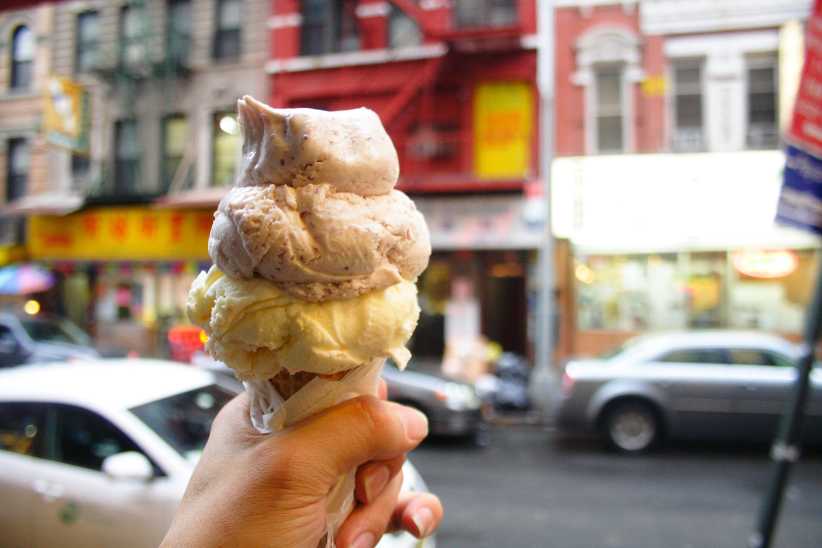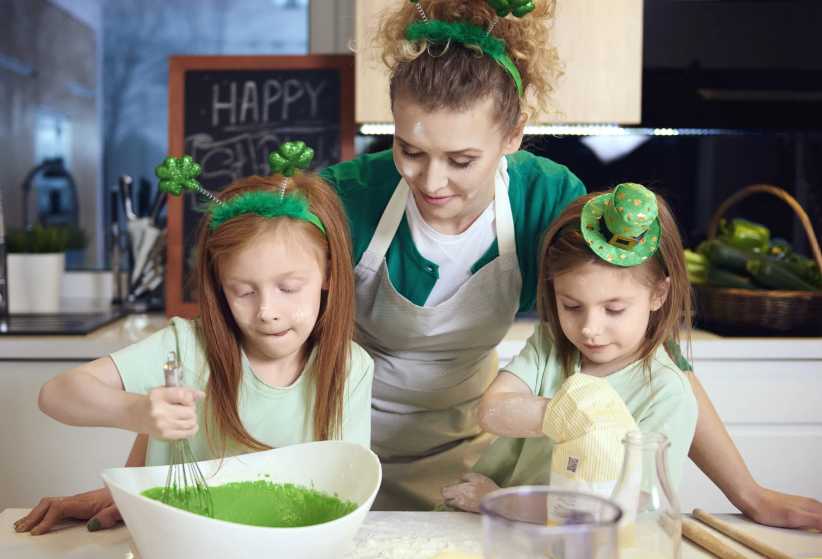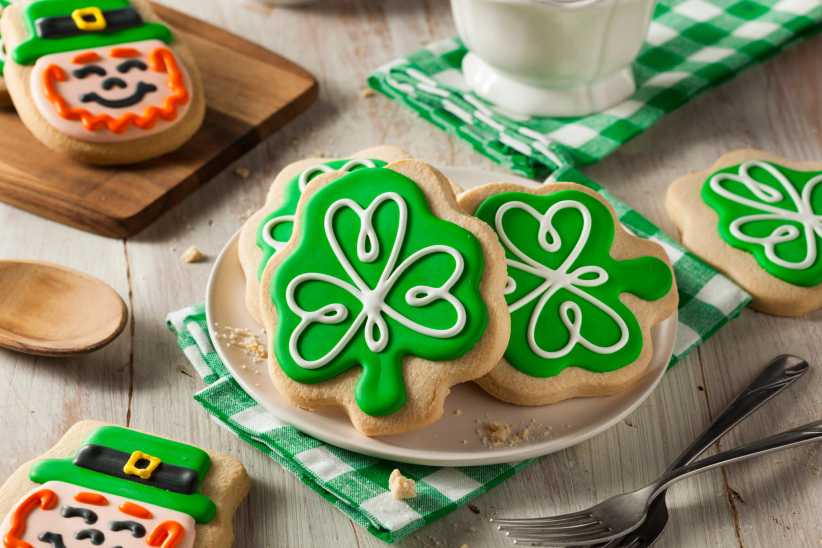Caffeine. It’s not just for energy drinks anymore.
From jelly beans and potato chips, to trail mix and a new chewing gum launched in May by the folks at Wrigley’s, caffeine is showing up in a number of products that might be attractive to kids.
The Food and Drug Administration has announced that, in response to the trend of caffeine being added to a growing number of products, the agency will investigate the safety of caffeine in food, particularly its effects on children and adolescents.
But considering the speed at which the federal government moves, it may be a while before we see results. (Get them a few packs of Alert Energy Caffeine Gum!)
There’s already some pretty good evidence that caffeine can present some serious health problems for young people whose brains are still maturing. The American Academy of Pediatrics discourages the consumption of caffeine and other stimulants by children and adolescents. But while you are waiting for the issue to work its way through the regulatory process, you may want to consider these statements on the Administration’s website from Deputy Commissioner Michael R. Taylor in deciding how vigilant you should be with your children.
“One pack of this [Wrigley’s] gum is like having four cups of coffee in your pocket. Caffeine is even being added to jelly beans, marshmallows, sunflower seeds and other snacks for its stimulant effect. Meanwhile, ‘energy drinks’ with caffeine are being aggressively marketed, including to young people. An instant oatmeal on the market boasts that one serving has as much caffeine as a cup of coffee, and then there are similar products, such as a so-called ‘wired’ waffle and ‘wired’ syrup with added caffeine.
“The proliferation of these products in the marketplace is very disturbing to us. We have to address the fundamental question of the potential consequences of all these caffeinated products in the food supply to children and to some adults who may be at risk from excess caffeine consumption. We need to better understand caffeine consumption and use patterns, and determine what is a safe level for total consumption of caffeine. Importantly, we need to address the types of products that are appropriate for the addition of caffeine, especially considering the potential for consumption by young children and adolescents.
“The more fundamental questions are whether it is appropriate to use foods that may be inherently attractive and accessible to children as the vehicles to deliver the stimulant caffeine, and whether we should place limits on the amount of caffeine in certain products.”
KiKi Bochi, an award-winning journalist, reads hundreds of reports monthly to bring readers the latest insights on family health and child development.






















